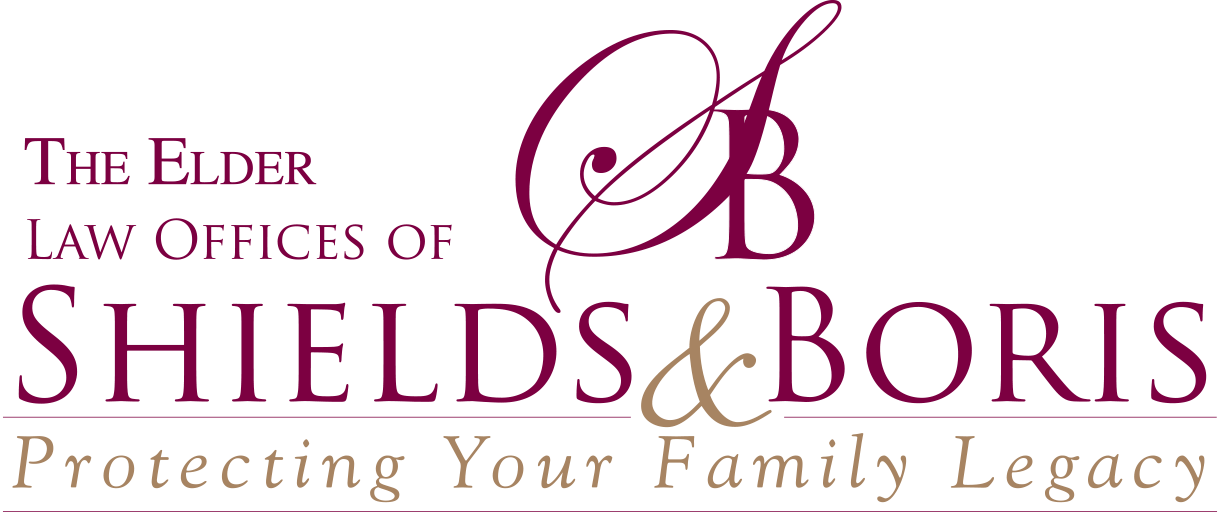Securing Your Retirement Accounts Today
Posted on October 9, 2023 by shieldsandboris
Every adult in Pennsylvania should have a customized, comprehensive estate plan in place that provides effective legal/financial protection. Retirement planning—including the managing of retirement accounts—is an increasingly important part of modern estate planning. At The Elder Law Offices of Shields & Boris, we have extensive experience helping clients set up their retirement plans and retirement accounts in a manner that best protects their assets and achieves their goals. In this blog post, our Pennsylvania elder law and estate planning attorneys highlight the key strategies for securing your retirement account.
Retirement Savings Often Make Up a Significant Share of Estates
Retirement savings provide much-needed financial security. Increasingly, retirement assets are making up a growing share of a person’s life savings and, ultimately, their estate. Understanding the various types of retirement accounts can assist individuals in making informed decisions for their retirement planning and how to manage these assets. As explained by the Internal Revenue Service (IRS), there are a number of different types of retirement accounts/retirement assets. Here is an overview of some of the most common:
- Individual Retirement Accounts (IRAs): An Individual Retirement Account (IRA) allows people to save for retirement on a tax-deferred basis. With a traditional IRA, contributions are tax-deductible. The earnings are not taxed until withdrawals are made.
- Roth IRAs: Unlike traditional IRAs, contributions to a Roth IRA are made with after-tax dollars, but qualified withdrawals in retirement are tax-free. This feature can be particularly beneficial for individuals who anticipate being in a higher tax bracket in retirement.
- 401(k) Plans: These employer-sponsored retirement plans allow employees to save a portion of their paycheck before taxes are taken out. Employers can match a percentage of worker contributions, enhancing the savings potential. Taxes are paid upon withdrawal.
- Profit-Sharing Plans: Profit-sharing plans are another type of employer-sponsored retirement plan. Employers contribute a portion of the company's profits to this plan on behalf of employees. The contribution amounts can vary from year to year, depending on the profitability of the business.
- Defined Benefit Plans: Also often referred to as pensions, a defined benefit plan promises a specific monthly benefit in retirement. Employers primarily fund these plans and bear the investment risk. The payout amount is typically based on factors such as salary history and length of employment.
How Recent Federal Law Could Impact Management of a Retirement Account
Retirement accounts are highly regulated. To maximize your total benefit, it is crucial that you know how to effectively manage the law. Regulatory changes happen. For example, in 2019, the Setting Every Community Up for Retirement Enhancement (SECURE) Act was signed into law. It includes several provisions aimed at increasing access to tax-advantaged accounts and preventing older Americans from outliving their assets. The SECURE Act also altered the ability of people to stretch their IRA. It is crucial that you work with a retirement planning professional who is familiar with the law.
Make Sure Your Beneficiary Designations are Fully Up-to-Date
Did you know that retirement accounts are generally not required to go through formal probate in Pennsylvania—or at least these assets can avoid probate if a proper estate plan is in place? You can often pass on retirement benefits—such as assets held in an IRA, Roth IRA, or 401(k)—using beneficiary designations. Broadly speaking, beneficiary designations help to determine who will receive your assets.
It is imperative that you ensure that the beneficiary designations for your retirement accounts are fully up-to-date. The failure to update beneficiary designations can lead to a number of different unintended consequences—such as your retirement assets going to the wrong party or your loved ones being left in a dispute. It should be noted that you do not need to select a single beneficiary for a retirement account. You can designate multiple parties as your beneficiary for a retirement account. They can split the proceeds in any manner that you see fit.
Tax Considerations are a Key Aspect of Retirement Account Planning
Tax considerations hold paramount importance in retirement account planning. Proper tax planning can help maximize the value of your retirement accounts, ensuring that you and your heirs receive the fullest benefit. Understanding the tax implications of various retirement accounts, such as Traditional and Roth IRAs, and 401(k)s, can enable more informed decisions about contributions, withdrawals, and estate planning. An estate planning attorney can help.
Communication is Key to All Estate Planning Matters
Communication is the cornerstone of effective estate planning—especially when it comes to managing retirement accounts. Clear and open discussions with beneficiaries about your estate plans can help avoid confusion, conflict, and legal complications after your passing. Beneficiaries should be informed about the existence of retirement accounts, the institutions where these accounts are held, and the general expectations regarding the distribution of these assets.
Beyond that, it is important to maintain open and ongoing conversations with any professionals involved in your estate, such as your financial advisor or estate planning attorney. Regular updates and reviews of your estate plans, including retirement accounts and beneficiary designations, are essential to ensure your assets will be distributed according to your wishes, thereby providing peace of mind for you and your loved ones in the future.
Be Sure to Protect Your Retirement Accounts from Fraud
Unfortunately, fraud—especially fraud targeting senior citizens—has become an increasingly growing problem. A key part of protecting your retirement assets is securing your retirement accounts from fraud, theft, and other types of unauthorized use. Best practices such as regular account monitoring and the use of strong passwords can make the difference.
Our Estate Planning Lawyers Help People With Retirement Account Planning
At The Elder Law Offices of Shields & Boris, we are an estate planning and elder law firm committed to helping our clients and their families set themselves up for a better future. If you have any questions about securing your retirement accounts, please call us at (724) 302-3718 or contact us online today. With office locations in North Hills, South Hills, Beaver, and Washington, we provide estate planning representation in Pittsburgh and throughout all of Western Pennsylvania.




